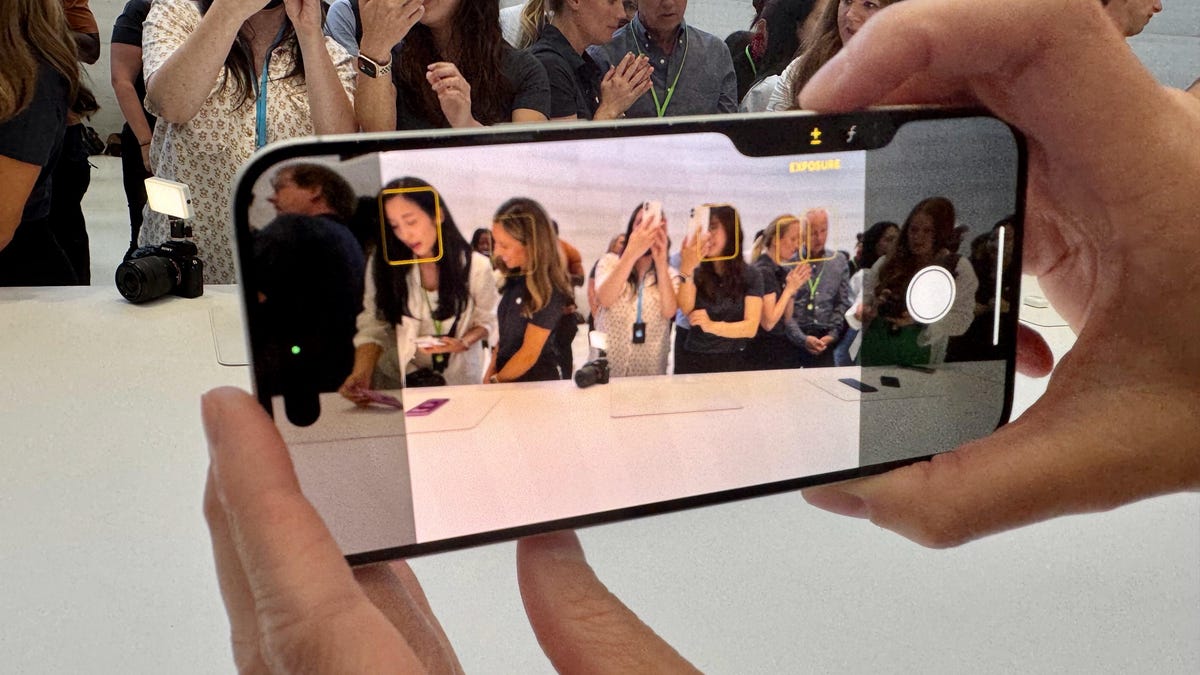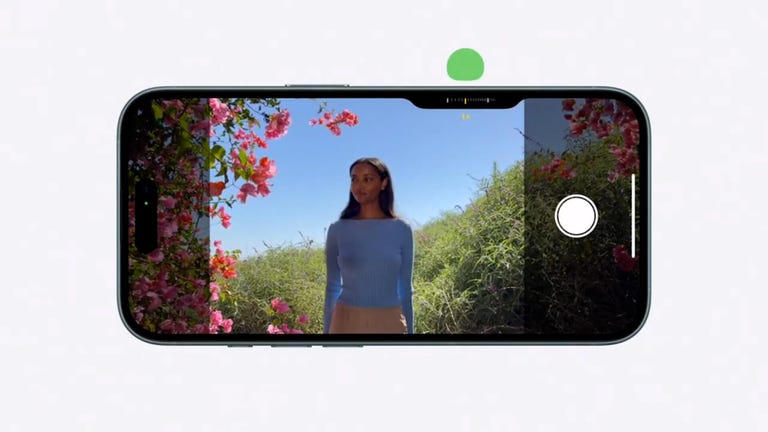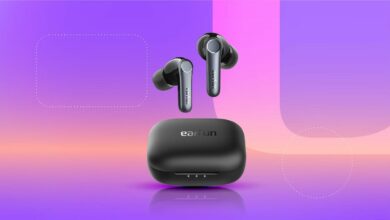iPhone buttons are back, baby! Apple’s shift is all for the sake of AI




We all know that fashion is cyclical, but apparently so is technology. Back in the day, phones had more real estate devoted to buttons than to the screen. Over time, in a trend largely led by Apple, phones had fewer and fewer buttons. We’ve now reached the point where, aside from volume buttons and a power button, you’ll rarely find a physical button on your phone.
But that all changes with the iPhone 16 line, which Apple announced Monday during its “Glowtime” event. The phone has one more button than its predecessor. The button is called Camera Control, a capacitive button that activates and operates the iPhone’s camera app.
Want to pre-order the latest Apple devices? We’ve rounded up the best launch deals for the iPhone 16, Apple Watch Series 10 and AirPods 4 for you.
More from the Apple event
This comes after Apple removed the action button from the iPhone 15 Pro and Pro Maxa programmable shortcut key above the volume keys, increasing the number of physical buttons from three to four. This year, it’s gone from four to five, with the base iPhone 16 also getting the action button.
So it’s official: Seven years after we were forced to reckon with the loss of the iPhone’s home button, physical buttons are not only back on the iPhone—they’re getting more numerous. Some Android phones have had similar physical controls for years, but Apple has a track record of minimalist phone design that means this is an unusual and notable about-face from the company.

Check this out: Apple’s iPhone 16 gets camera control button
The move is likely to divide opinion. Some people may still be clinging to older iPhones with home buttons — they’ll likely be glad to have the option of more physical controls when they’re forced to upgrade. Others may wonder why Apple would need to backtrack in this way. As someone who’s used a physical camera grip on a phone to take some of my favorite photos this year, I’m personally curious to see if the camera controls can improve my photography.
The return to buttons likely wasn’t an easy decision for Apple, but rather a compromise that will allow it to enable more exciting and complex features — particularly when it comes to integrating Apple Intelligence into the iPhone. For years, the company has gradually minimized the ways we physically interact with our phones, in part by encouraging us to interact with Siri with our voices. Instead of clicking, pressing and holding, we’ve been swiping inward and down from the sides of the screen.

There are, however, some insights that buttons might simply be better for powering on. We’ve already seen dedicated Copilot buttons introduced on many new Windows laptops this year. To maximize the AI and software capabilities, some changes to the core hardware are required. Even Apple seems to recognize that. It’s putting features like Apple’s Visual Intelligence — its version of Google Lens — right at people’s fingertips. It’s also putting the camera, still one of the most prized features of any iPhone, more front-and-center and easily accessible.
Perhaps Apple will eventually find new ways to integrate these controls that don’t require buttons, but for now it seems like the physical button has officially returned from the dead and been given a new lease on life as AI becomes more and more integrated into our devices.
Want to pre-order the latest Apple devices? We’ve rounded up the best launch deals for the iPhone 16, Apple Watch Series 10 and AirPods 4 for you.

Check this out: See everything announced at Apple’s iPhone 16 event




